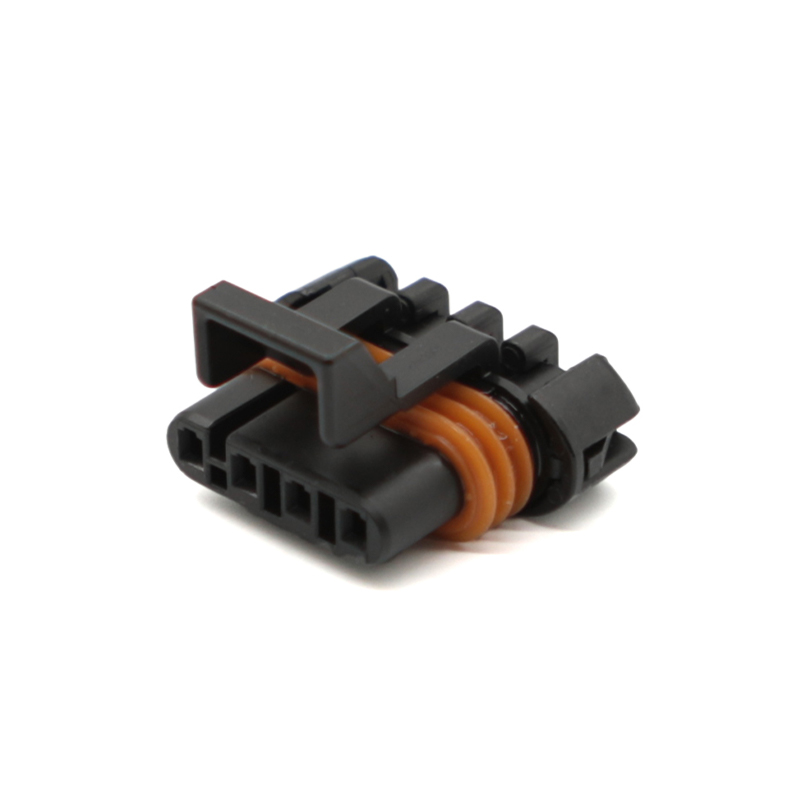Auto Connector Transforms Digital Integration Worldwide
The global technology landscape is currently experiencing a profound transformation, fundamentally reshaping how devices communicate and systems interact through the widespread implementation of Auto Connector systems. This sophisticated technological framework represents a significant milestone in digital connectivity, establishing new paradigms for seamless integration across diverse platforms and devices. The essential innovation of the Auto Connector lies in its capacity to enable autonomous recognition, verification, and communication processes, effectively eliminating conventional integration challenges while establishing more cohesive and intelligent technological ecosystems.
The operational architecture of the Auto Connector incorporates multiple layers of advanced functionality. These systems continuously monitor their operational environment, systematically scanning for compatible devices and available networks. When the Auto Connector identifies potential connection points, it automatically initiates sophisticated verification protocols to ensure complete security compatibility. This comprehensive process, entirely managed by the Auto Connector framework, includes establishing encrypted communication channels and configuring ideal data transfer parameters, all accomplished without requiring manual intervention or technical expertise from users.
The expanding universe of interconnected devices and complex systems has created an urgent need for the sophisticated capabilities offered by modern Auto Connector technology. These advanced systems perform as universal communication facilitators, seamlessly bridging different technological standards and operational protocols. The intelligent design of the Auto Connector ensures consistent data translation and command execution across varied platforms, maintaining operational harmony between different technological generations and product categories. This interoperability, enabled by the Auto Connector, proves essential for constructing unified digital environments where multiple systems can operate as coordinated networks rather than isolated components.
Implementation scenarios for Auto Connector technology span numerous sectors and applications. Residential environments equipped with Auto Connector systems demonstrate enhanced coordination between various domestic technologies, allowing environmental controls, security mechanisms, and entertainment systems to operate in synchronized patterns based on occupant behavior and preference patterns. Commercial establishments utilizing Auto Connector technology benefit from streamlined operations through automated coordination between point-of-sale systems, inventory management, and customer relationship platforms. Industrial applications of Auto Connector systems demonstrate even greater significance, enabling comprehensive integration between manufacturing equipment, logistical coordination systems, and quality control mechanisms through centralized Auto Connector networks.
The fundamental architecture of Auto Connector technology prioritizes system reliability and operational security. These sophisticated systems maintain continuous monitoring of connection integrity, performing regular diagnostic checks and automatically implementing recovery procedures when detecting communication interruptions. This persistent vigilance, inherent in Auto Connector design, significantly reduces system downtime while preventing potential data transmission errors. Security protocols embedded within Auto Connector systems provide robust protection through multi-layered encryption standards, ensuring all data exchanges remain protected against external threats and unauthorized access attempts throughout the communication process.
Current research and development initiatives focusing on Auto Connector technology are pursuing enhanced adaptive capabilities and improved resource management. Next-generation Auto Connector systems are expected to incorporate more sophisticated artificial intelligence algorithms, enabling predictive analysis of network conditions and proactive optimization of connection parameters. These evolutionary improvements in Auto Connector technology will further strengthen its position as an essential component within modern digital infrastructure, supporting the development of increasingly complex interconnected systems while maintaining operational stability and security across all connected platforms and devices. The continuing advancement of Auto Connector standards promises to support more intelligent, efficient, and resilient technological ecosystems across global markets and industrial sectors.


 English
English русский
русский Español
Español عربى
عربى 简体中文
简体中文




